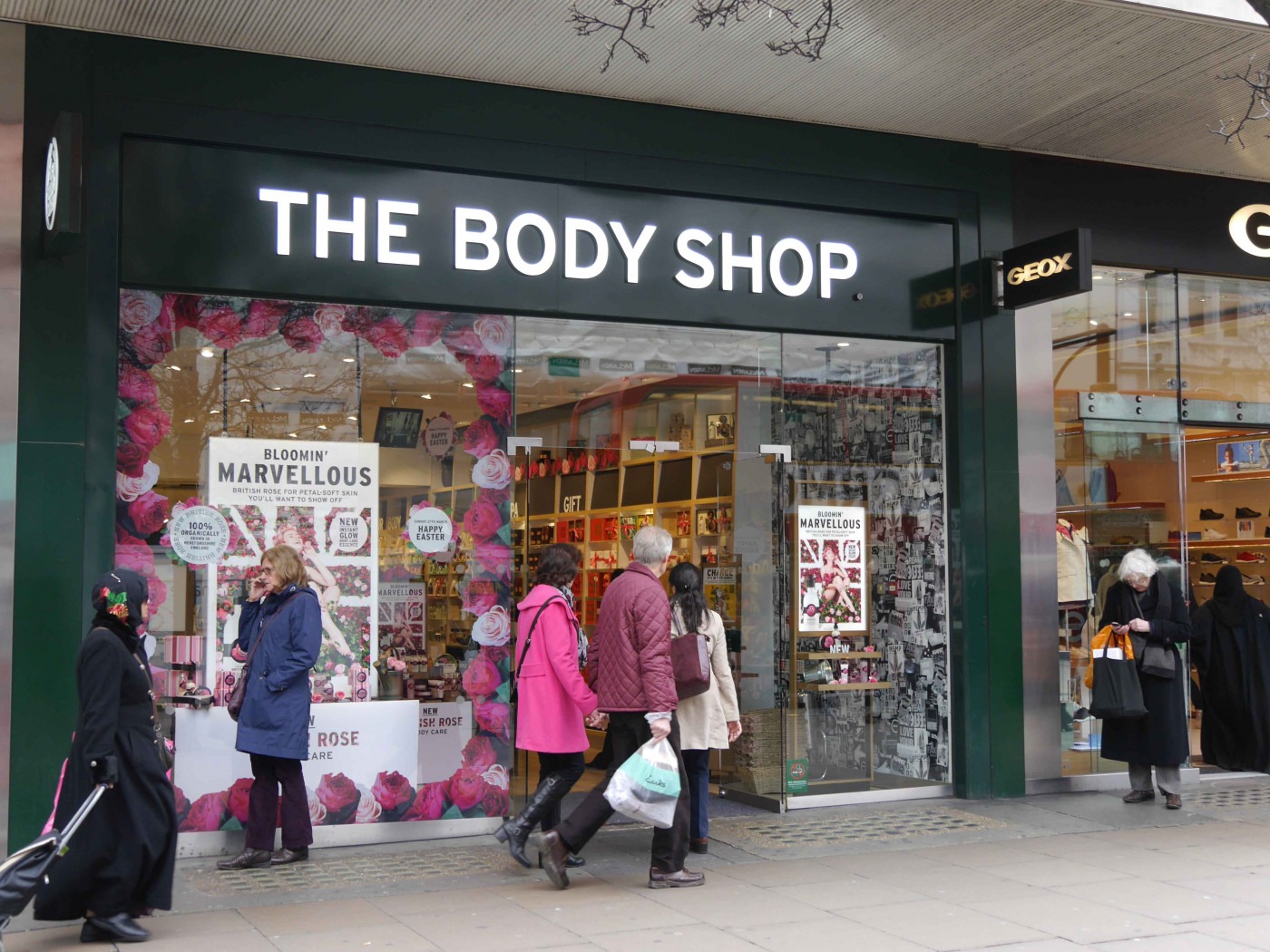What went wrong at The Body Shop?
When Dame Anita Roddick, the founder of The Body Shop, died in 2007, she was hailed as the ‘Queen of Green’, a ‘capitalist with a conscience’ who had forced the ethical agenda into the front pages and onto the high street.
But with her brainchild now set to make sweeping closures to its high street profile as well as cease operations in the United States, observers are starting to ask what went wrong at a business which was once one of the most successful and aspirational in Britain.
The roots of The Body Shop’s decline arguably come a year before Roddick’s death. In 2006, the company was sold to L’Oreal for more than £650 million. According to retail consultant Mary Portas, it was that move which reduced the business from a retail heavyweight to a pliable brand, the ‘value system’ shoppers had once opted into becoming a secondary concern.
Businesses … have increasingly capitalised on ethical consumption and minimised The Body Shop’s ability to cut through
But there are also larger, structural forces at play in The Body Shop’s demise. Unlike in the 1980s, the high street is no longer the greatest weapon in achieving commercial success. In a crowded market, the company found itself increasingly falling behind its emergent competitors. With sustainability no longer a fringe issue, businesses such as Boots and Lush have increasingly capitalised on ethical consumption and minimised The Body Shop’s ability to cut through.
With the company now set to slash more than 70 of its stores and hundreds of jobs, questions remain about how the organisation will move forward. It faces a battle to retain importance and value in a market much larger than that which it pioneered back in the 1980s. Until it does so, its failure in an age when ethics matter more than ever to consumers will continue to puzzle.
A disastrous 18 months hit profit margins and left loans surging
But arguably, the greater long-term battle for The Body Shop is finding relevance in a time when many of the ethical pretensions of businesses are taken for granted. Most brands purport to adopt such values, and consumers are no longer looking especially for companies that prioritise them. To survive and prosper, The Body Shop may have to refashion itself and find a way to rise above the noise.
But its first battle will be securing its long-term financial future and ensuring it goes to a good home after a decade of being shunted between different proprietors. Private equity firm Aurelius’ brief ownership offered some potential. However, it has left the company in administration and seeking its fourth owner since the Roddicks sold up in 2006, after a disastrous 18 months hit profit margins and left loans surging. Observers were already beginning to question the company’s reduced ambitions and increased difficulties, with an article in The Sunday Times at the point of Aurelius’ purchase titled ‘How The Body Shop lost its way — and what its new owners will do next’.
With Aurelius’ disastrous ownership of the company at an end, it will now be up to someone else to determine The Body Shop’s future. And its survival may well depend on it.

Comments